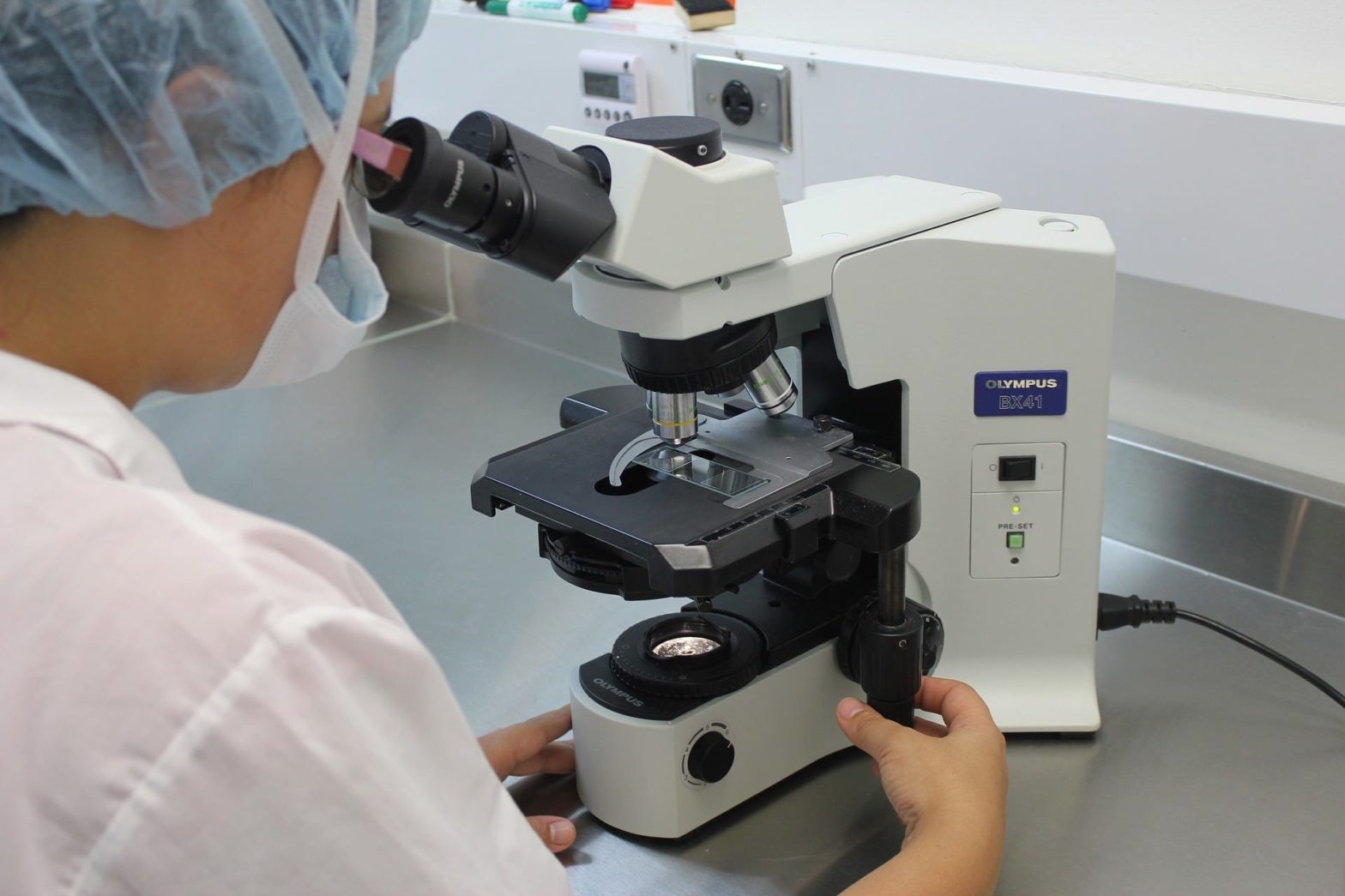![Smoking significantly reduces the ability of fat-derived stem cells to regenerate and improve blood flow in damaged tissue, according to a new study by University of Florida Health researchers and collaborators at Indiana University and the University of Colorado. [Pixabay.com]](http://127.0.0.1/wordpress/wp-content/uploads/2022/01/ghows-DA-6a36a102-61c9-5c2f-e053-0100007f4e53-e4f72992.jpeg)
GAINESVILLE — Cigarette smoke is loaded with more than 4,000 chemicals, about 70 of which are toxins or carcinogens. It’s associated with lung cancer, heart disease, immune disorders and birth defects. Smoking even slows the healing of wounds.
If that isn’t enough to get someone to avoid smoking, add this to the litany. Smoking significantly reduces the ability of fat-derived stem cells to regenerate and improve blood flow in damaged tissue, according to a new study by University of Florida Health researchers and collaborators at Indiana University and the University of Colorado.
These stem cells are being widely studied and are used in multiple clinical trials examining their remarkable ability to repair or regenerate tissue damaged by disease, injury or aging. Stem cell therapies hold great promise to treat cardiovascular disease, joint degeneration and vascular damage in the limbs, to name a few potential applications.
What makes these stem cells so attractive to physicians is that they can easily be harvested and, perhaps just as important to weight-conscious Americans, nobody minds losing a few fat cells in the process.
The preferred approach is to have a patient donate their own stem cells for a procedure, reducing the odds of tissue rejection. But this study, researchers said, shows smokers may need to receive cells from donors.
“If you are a smoker, we cannot assume that your stem cells will work as well as a nonsmoker’s cells,” said Keith March, M.D., Ph.D., the study’s co-author and the director of the UF Center for Regenerative Medicine. “We found that the smoker’s fat-derived stem cells were markedly impaired.”
Researchers injected mouse models with fat-derived stem cells from smokers and nonsmokers in the research. “The cells from the smokers essentially had no function,” said March, a professor in the UF College of Medicine’s division of cardiovascular medicine.
However, evidence points to the possibility that quitting smoking may reverse damage to these cells. The study did not examine this question, but March said work by other scientists suggests ending the cigarette habit can alleviate cell damage. He said it is unclear how long one must quit before that damage is reversed.
“It’s not as if once you’ve been smoking for a while that your stem cells are doomed,” March said. “Those repair functions may come back.”
In plastic and reconstructive surgery, for example, delays in wound healing and other complications caused by smoking can be alleviated when the patient stops smoking for 30 days or longer, said Adam Katz, M.D., a professor of surgery in the UF College of Medicine’s division of plastic and reconstructive surgery within the department of surgery.
How smoking alters stem cells remains unclear. One hypothesis, March said, is that it causes an imbalance in a key protein complex that may then lead to accelerated aging of the stem cells.
This finding is particularly interesting to researchers because previous studies have focused on the constriction of small blood vessels as the mechanism behind smoking’s damage to tissue, the paper said.
The ability of a smoker’s stem cells to play hide-and-seek posed a challenge to scientists. Under the microscope, these cells looked normal, March said.
“You couldn’t tell unless you sort of asked them to dance,” said March. “It has to be the right dance. Maybe they can do a waltz, but they can’t do a tango because it’s too fast.”
When the stem cells were chemically stimulated to produce blood vessels or help other cells do so, they were unable to perform the task.
“They look OK,” March said. “But they’re not OK. They’re like people. Some of us may have a disease that you can’t see by looking at them.”
The study, published in the journal "Stem Cells," mirrors previous findings for other types of stem cells, including those derived from bone marrow.
The study’s lead author is Daria Barwinska, Ph.D., of the Indiana University School of Medicine, who conducted this research for her doctoral dissertation. UF Health co-authors include Dmitry O. Traktuev, Ph.D, an associate professor in the UF College of Medicine’s division of cardiovascular medicine, and Stephanie Merfeld-Clauss, a lab manager in the UF College of Medicine’s division of cardiovascular medicine.
This research was initiated at Indiana University, where March, Traktuev and Merfeld-Clauss were employed until September 2017.

This article originally appeared on Santa Rosa Press Gazette: Regenerative power of fat-derived stem cells impaired by smoking
